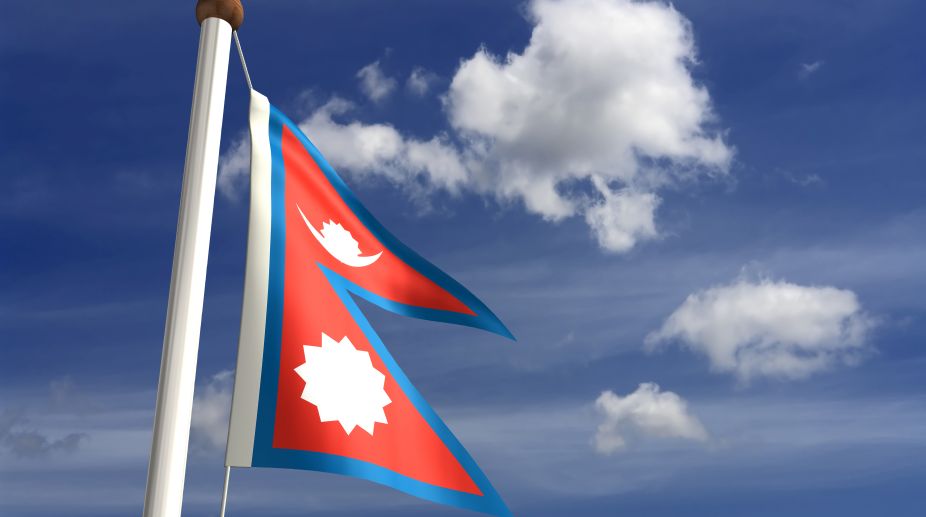In the aftermath of the standoff between Indian and Chinese troops along the Sikkim sector of the international border, Nepal on Tuesday said that it is its moral responsibility to maintain peace.
“We should pay tribute for peace and not for war,” Nepal’s Ambassador to India Deep Kumar Upadhyay said while delivering a talk on “Nepal Today” organised by the Foreign Correspondents’ Club here.
Advertisement
He said that he was happy that the Doklam problem has been resolved in the end.
“All of us know that without peaceful resolution, no country will be benefitting.
As chair country of Saarc (South Asian Association for Regional Cooperation), it is our moral responsibility to ensure peace,” he said.
Indian and Chinese troops were in a standoff situation on the Doklam plateau in the India-China-Bhutan trijunction for over two months after a construction party of China’s People’s Liberation Army entered the area in mid-June ostensibly to build a road there.
While India and Bhutan maintained that it violated the status quo in the trijunction, Beijing claimed that it was Chinese territory.
The imbroglio ended just towards the end of August ahead of Prime Minister Narendra Modi’s visit to China earlier this month for the BRICS Summit.
Upadhyay said that when it came to any land dispute between two countries, Nepal always remained neutral, adding that “you cannot change the geography, you cannot change the neighbour”.
Asked how Nepal planned to go about its balancing act with India and China, he said that “we should be clear about our region, about our stand”.
“We have an incomparable type of relation between the people of India and the people of Nepal.
“That cannot be compared with any other country. We have open borders.. we should be proud of that.”
Stating that China was also a very friendly country, the Ambassador said that “we are confident that there will be no kind of action from China which will hurt the people of Nepal”.
Asked what was Nepal’s position on the One Belt One Road initiative (OBOR) of China, he said that given the framework agreement shared by Beijing, Kathmandu was trying to understand what kind of benefits it stood to accrue from the project.
“We are aware of its terms and conditions,” Upadhyay said.
Asked what kind of projects were finalised during Nepal Foreign Minister Krishna Bahadur Mahara’s recent visit to China, he said that only discussions were being held on various projects, including rail and road connectivity.











